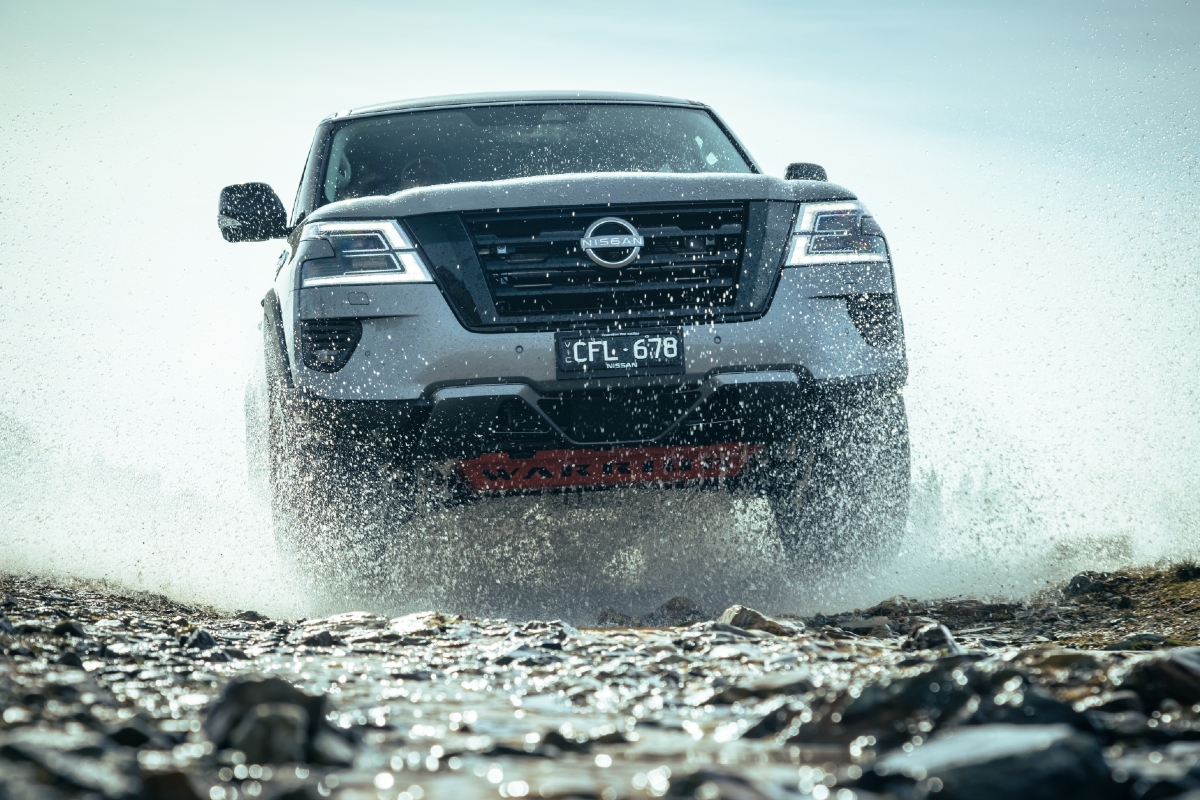Overnight, Nissan announced a net loss of ¥670.9 billion (A$7.1 billion) throughout the 2024 Japanese financial year (April 2024 to March 2025), a staggering loss of ¥1.097 trillion (A$11.5 billion) compared to the financial year prior.
While Nissan had previously said that it would lay off 9000” employees and close three factories to stem the flow of cash being burned, new CEO Ivan Espinosa now says seven factories will be closed, and 20,000 members of its 133,000-strong workforce will be made redundant.
These changes will occur by March 2028, and are projected to lead to a cost reduction of ¥250 billion (A$2.62 billion) and lead to fixed and variable cost savings of ¥250 billion (A$5.24 billion) compared to last financial year.

“In the face of challenging FY24 performance and rising variable costs, compounded by an uncertain environment, we must prioritise self-improvement with greater urgency and speed, aiming for profitability that relies less on volume,” Espinosa said while announcing the Re:Nissan recovery plan.
“As new management, we are taking a prudent approach to reassess our targets and actively seek every possible opportunity to implement and ensure a robust recovery. Re:Nissan is an action-based recovery plan clearly outlines what we need to do now.
“All employees are committed to working together as a team to implement this plan, with the goal of returning to profitability by fiscal year 2026.”
While Nissan has a product roadmap until March 2027, it’s pulling resources from working on later projects to focus on its immediate future.

Nissan is due to launch the new Patrol, a new Navara, the third-generation Leaf electric vehicle, the Ariya electric SUV and a hybrid Qashqai e-Power in Australia by March 2027, however with the brand’s future in question, it’s unclear what will happen beyond then.
Though much of the announcement focused on the seriousness of Nissan’s financial situation, the carmaker touched on a handful of upcoming models which will be at the core of its focus on cutting development times.
These include an all-new Nissan Skyline, a mid-sized SUV for global markets, and a small SUV for its Infiniti luxury brand.
Despite its dire global position, Nissan continues to track strongly in Australia, though its sales have dipped by 16.5 per cent this year so far.











Discussion about this post